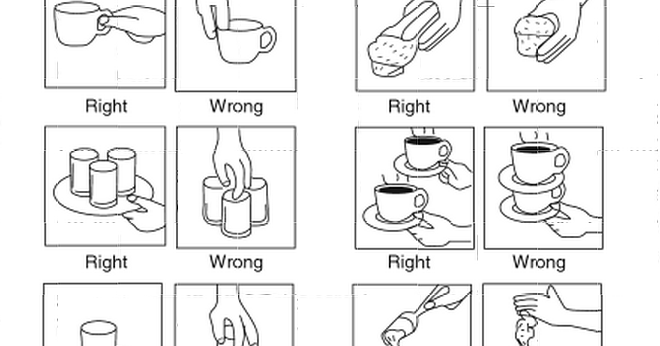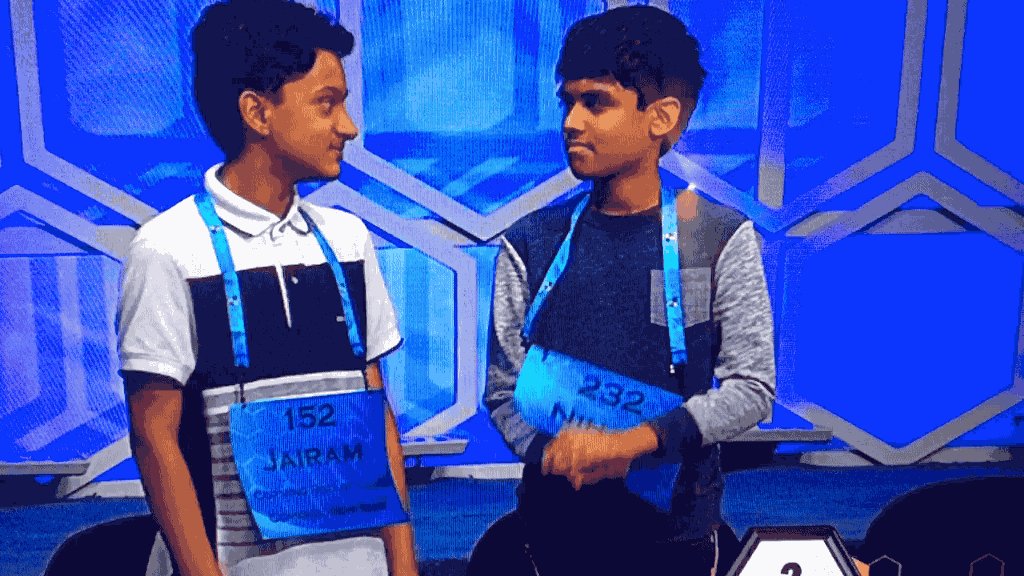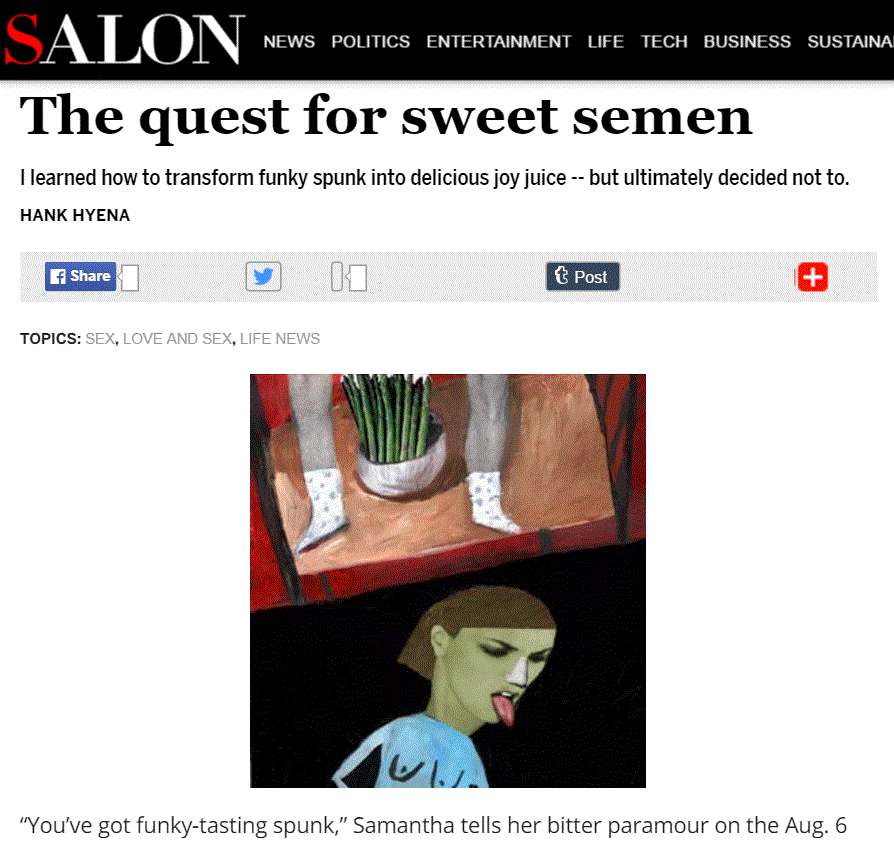Winged Monsters Torment World's Most Boring Nation
Rapacious Passerines Sate Their Terrible Bloodlust On The Heads Of Gentle, Apologetic People From The North
When you think of all the horrible things that go along with living in Canada — aggressive dullness, rampant monotony, endless dreariness, the stories of Alice Munro, relentless mundanity and a permanent and oppressive sense of staleness so severe that even super-high levels of alcohol in beer cannot help overcome it — you don’t figure on “peak season where crows attack humans” as being something you’d have to contend with amid all the gloom and banality. But apparently it is indeed a thing. Crows attack humans, and the humans put up with it. And consider this warning: “[I]f you can, try not to let the crows get a glimpse of you — they have exceptional eye sight and remember faces.” As amusing as this may seem to those of us who live far away from the endless tediousness that is the daily scrublike existence of the poor souls who grind out their tragic existence in our neighbor to the north, think about this: In six months your choices may come down to living under President Trump or being pecked to death by aggressive Canadian crows while The Tragically Hip plays in the background. Not so funny now, is it?
Actually, It's About Ethics In College-Level Moral-Reasoning Courses
But was Harambe the fat man or the fat villain?

A silverback gorilla was shot and killed in the Cincinnati Zoo on Saturday afternoon after a small boy fell into its enclosure. This led to predictable outrage: the silverback is an endangered species, most zoos are roundly disapproved of by animal-rights activists and common-sense-havers alike, and people love small, innocent children (especially male ones). This is basically a dream moral quandary—somewhere, just outside of Boston, some philosopher is having more interesting dinner conversations than usual. But the trap here is thinking that there’s any right answer. Life, just like America and Zoos, isn’t fair, and there are very frequently scenarios where everybody loses. A pretty comprehensive analysis of gorillagate was tweeted last night by Chelsea Peretti at 11:05 p.m. EDT:
zoos suck, kids suck, adults suck bye
Maria Usbeck , " Uno De Tus Ojos"
Maria Usbeck’s Amparo is finally out and it’s as great as I’d hoped. Does it foretell a move away from English as pop music’s lingua franca? IDK and IDC. All I know is that it is terrific, and that’s really all that you can ask for from anything. Enjoy.
New York City, May 26, 2016

★★★★ The sun flared on the just-bent-past-flatness crowns of the combination caps of a trio of sailor and highlighted the triple creases down the backs of their white shirts. It was summer sun; the name for what it was doing was beating down. A field trip spilled out of a museum, slowing the flow along the sidewalk. Women were wearing white, with navy stripes. The preschooler would come home full of news about the warship his class had toured, in their floppy white hats. The third-grader and his class had been to the Park. In the shade, the air was thick and static. Somewhere on Broadway was the smell of honeysuckle or of honeysuckle perfume.
Actually, There's Another Kind Of 'Actually'
And it’s more annoying than the mean internet kind.

unfolds note] hello. if you’re actuallying this, i’m afraid it’s actually too late
I’m not talking about the Corrective ‘actually,’ also known as the Man ‘actually,’ which is when someone (not necessarily but almost always a man) slides into your mentions to tell you How It Really Is. Once upon a time, the Man ‘actually’ was a meme—“It’s about ethics in gaming journalism” just doesn’t have quite the same ring, does it? 4chan to the rescue! These days, the Man ‘actually’ almost never even employs the word ‘actually’—at this point anyone who’s actuallying you by using the word ‘actually’ is almost certainly joking. This Silent or Implied ‘actually’ is the deadliest, because it is unself-aware, just like a man, and yet also somehow so clumsily annoying, like someone mouth-honking the wrong-answer buzzer sound, “ENNNG!!!” in your face.
But I’m here today to talk about a subtler version of this misguided verbal tic: the Backhanded ‘actually’:
“Actually, the movie was pretty good!”
“I think this might work, actually!”
“I actually love the way that looks.”
“I have to hand it to her—she actually did a good job with it.”
The implied phrase here is, “which is weird because I didn’t think so at first. In fact I totally thought it was going to suck.” It’s a silent compliment killer, this ‘actually.’ I would wager that more than half the time it’s used, it’s not even intended that way, but instead tossed in as filler, which is actually the most common usage of ‘actually.’
(A close but distinct cousin is the Couching ‘actually’ for when you’re not sure, and you put it there just in case, to clarify that you’re certain you’re uncertain. A sibling of this is the Letdown ‘actually,’ for when you want to disappoint someone gently: “I have plans, actually.”)
But the Backhanded ‘actually’ is pernicious because it makes you seem like an even bigger asshole than you are. You really expected the philharmonic to be kiiiiiind of a disappointment. You genuinely believed the dress would turn out ugly. It doesn’t matter whether or not those statements are true; the effect is that you wanted us to know you previously held a lower opinion, but you have been pleasantly surprised. It seems like a nice thing to say—a way of seeing the glass half full—but it’s not. It’s an annoying way to say you’re walking around in a constant state of dissatisfaction. WELL YES, OF COURSE YOU ARE! Aren’t we all? You’re not special.
Why Does Everyone Have More Friends Than You?
Here’s the reason nobody loves you.

Have you ever wondered why it seems as if “the people you follow on social media are more popular and active than you are?” Well, Science wondered too, and it turns out there’s a very logical explanation:
Other people are better than you.
There is also something about how your friends are more likely to have more friends than you because you are a sad, irredeemable loser who measures your own sorry state against the social media personas of others and you have somehow deluded yourself into thinking that, just because someone is tweeting thirty times a day about how great the new restaurant he just ate at was or her excited approval of the latest episode of a television show that lots of other people watch, their lives are somehow more full and better-lived than your own, even though the painful desperation that results in a constant need to broadcast the most quotidian details of existence for the approval of others should clearly cause you to pity these people rather than compare yourself negatively to them. The fact that this is indeed how you sort out your self-esteem does lend credence to the study’s conclusion that “you suck so bad oh my God why would anyone ever want to be around you?”
Learn more here, including how “a large fraction of individuals can experience the generalized friendship paradox even in the absence of a significant correlation between degrees and attributes,” which is a nice way of reminding you that there are tons of people who are just as pathetic as you are. Although even they probably have more friends than you do, because you’re just really a drag to be around. Seriously. It makes me sad just thinking about it. No wonder you never get liked or shared.
Photo: Shutterstock.com
Last Night On The Crying Couch
2016 Spelling Bee was another year for Indian-American co-champions.

It was a big night for unusually well media-trained pre-teens with a penchant for linguistic derivations and, let’s be honest, photographic memories. For the third year in a row, the Scripps National Spelling Bee crowned two young Indian-Americans co-champions of the competition, and for the second year in a row, one of the two was a legacy speller (having an older sibling who previously won).
A fair amount of ink has been spilled on the topic of why Southeast Asian kids are so dominant at spelling bees. The most popular explanation is Ben Paynter’s 2010 Slate piece about the minor-league bee circuit, which includes the North South Foundation and South Asian Spelling Bee. But there’s also the fact that these are the children of highly educated immigrants—doctors and engineers—who’ve come to America to settle in suburban middle-American towns that many would otherwise look down their noses at, like Olathe, Kansas and Painted Post, New York. These families are living the American Dream!
Last year, there were enough disgusting social-media displays from people who expressed dismay that the finalists didn’t “look” American or have American-sounding names—whatever the flying fuck that means—to merit a Washington Post article about the backlash. These comments are straight-up horrible and racist. More than two-thirds of NFL players and three-quarters of NBA players are non-white, and our country’s greatest athlete is a curvy black woman who plays the whitest sport of all time, tennis.
No, the only true scandal of the bee is that, for the third year in a row, two nerds had to share a prize and be nice to each other because, for we all know, they could both have both kept spelling the most arcane words we’ve never seen before. If the bee is truly an athletic competition, and I do believe it is (as I have written before, “The etymology of the word “athlete” contains nothing about physical feats — it derives from the Greek “athlon,” meaning prize”), then there should only be one winner.
It’s clear that Nihar and Jairam were the best spellers for the job of tackling twenty-five consecutive rounds of championship words with only three mistakes between them. But look, these kids are young and impressionable, and now is not the time to lie to them and let them believe that life is fair and equal and that prizes can be split and glory shared. For the past three years, it’s been impossible not to detect a slight grimace in the faces of the co-champions who really should have won, not because they were better exactly, but because they fought harder, wanted it more, were recklessly confident. Their names are Sriram Hathwar, Vanya Shivishankar, and yes—Nihar Janga. They knew it, and so did we.
I mean, just look at this kid:
Nutrition, "Eyes"
Ugh, what is with the weather? I grow so weary of this incessant heat. When will it ever end? What happened to the gentle rain? Why is it so sticky?
Hahaha, get it, I’ve been moaning for weeks about the odd and unpredictable temperatures we’ve been subjected to and now that we’ve finally settled into something seasonally appropriate I am complaining about how it displeases me! It’s a joke about how humans are never satisfied with what they have and once they finally get what they’ve been longing for they quickly tire of even that. I guess you had to be there. Anyway, we are heading into a long weekend and even I, whose chronic dissatisfaction is even wearier to live with than it is to read about, cannot find it within myself to be too disgruntled with the day. So here is a song by Nutrition, about which I know nothing. I find it quite enjoyable and I hope that there is even a small part of you that does as well.
How Salon Fell
Are there lessons to be found in the fate of a content trailblazer?

“There was, at first, a lot of money and excitement about Salon. There was no one else, really, in that space. … It was kind of a brave new world, and Salon was at the forefront.”
— There’s a lot going on in “The fall of Salon.com,” which should serve as both a signpost to the Internet’s past and warning for its future. Of course it won’t, because that’s not how things work, and everyone rushes blindly on, making the same mistakes but at larger multiples. “I think it’s very similar to what a Vox or a Buzzfeed seems today,” former editor in chief Kerry Lauerman says. Could he be correct? These analogies are never precise, so it’s difficult to accurately assess, and surely the flashy content factories of today have much to differentiate themselves from the buzzy pioneers of the past. In any event — and completely unrelated — this morning’s offering from Vox is an explainer of the popular “dat boi” meme.
New York City, May 25, 2016

★★★★★ By the time the four-year-old, in shorts, got to school, his hand-holding hand was sweating a little. Where was his snowsuit, the teacher asked him conspiratorially. Without a sweatshirt thrown over the just-thrown-on t-shirt, the content of the design had to be considered, as did the unwashed condition of the adult wearing it. One thin cloud stood in the hazy sky like a thumbprint on a grime-filmed windowpane. White light landed heavily on Union Square. More than a dozen pigeons pecked at the lurid squares of spilled Cheez-Its. Women were wearing new-looking summer dresses and men were wearing sleeveless t-shirts that did not look so new. Two people on the same corner separately and independently craned their cameras at the Empire State building. The leaves on the street trees that had come out green were now darkening to the burgundy of shoe leather. The sight of people in sun hats made the unprotected brow feel the force of the sun on it. In the late-day shade the sidewalk temperature was ideal, buoyant, interrupted by unpleasant rivulets of air conditioning from the open doors. The rightmost facet of the Freedom Tower dematerialized into the glassy blue of the sky.
